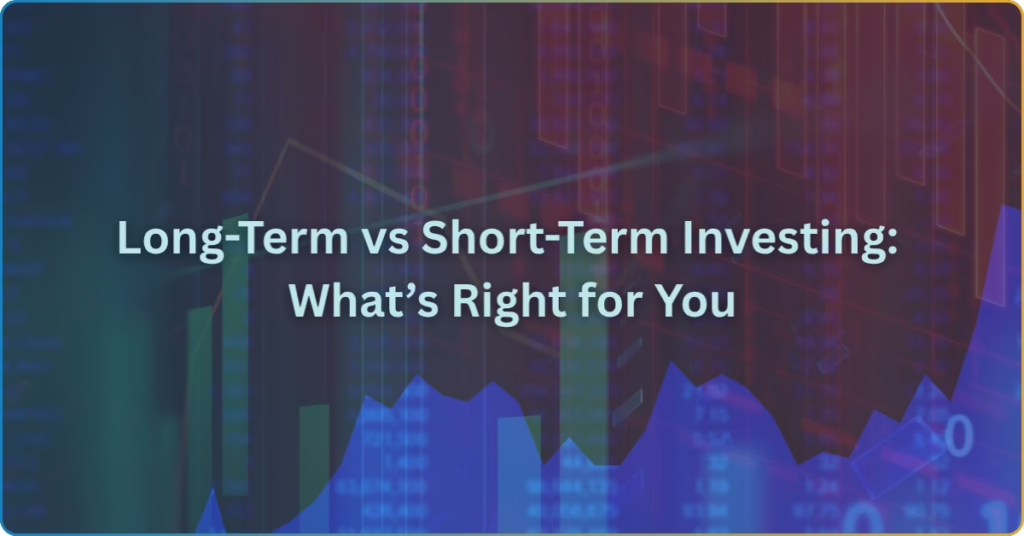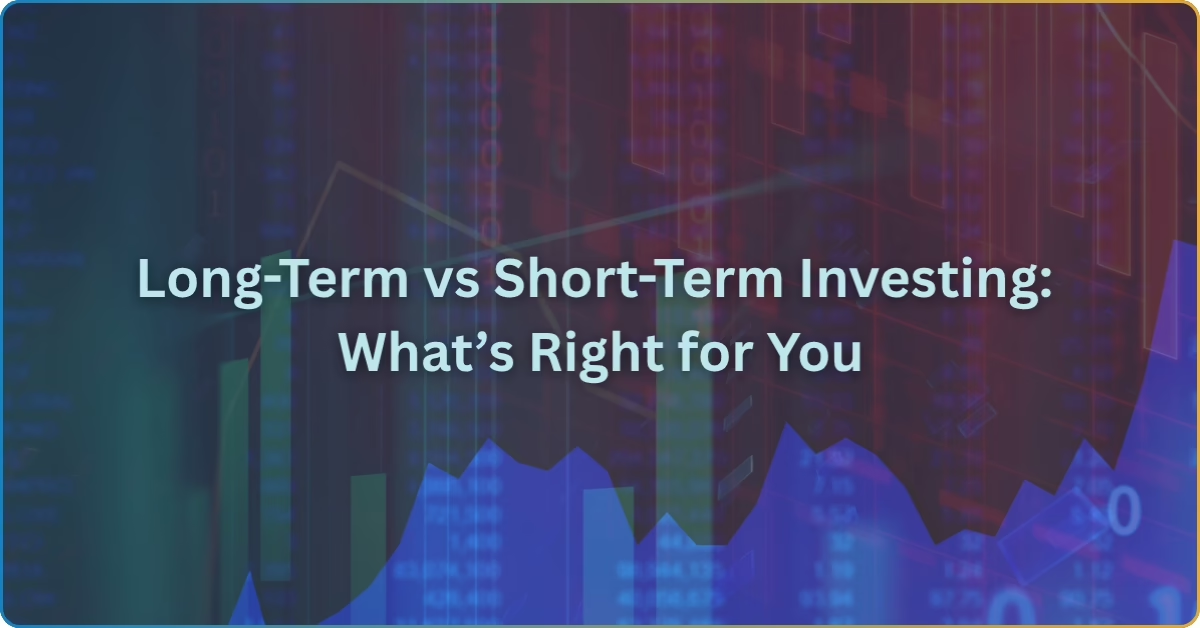Committing blunders when trading is common among novice traders. However, this doesn’t mean you should keep making them. Avoiding trading pitfalls can be easy if you know what to look for.
This article highlights the top trading mistakes that inexperienced traders frequently make and what you can do to avoid them.
Check out our compilation of the most common trading errors below.
Common Trading Mistakes Made by Novice Traders
Let’s review each listed trading mistake and how you can avoid them.
1. Letting Emotions Cloud Their Judgment
Emotional trading, or letting your emotions affect your trading strategies, is never good. Suffering losses or experiencing gains should never get into your head and cause you to veer away from your set trading plan.
Going through various emotions while trading is completely understandable.
You may become frustrated when the market drops just as you opened a long position or feel anxious when your long position starts going downhill.
Conversely, you may be elated after scoring a huge profit and feel like you’re on a hot win streak. These emotions can cloud your judgment and prevent you from objectively looking at your trading position.
The fear of losing money may often compel you to close your trades prematurely, right before prices rise again.
On the other hand, you may also stubbornly hold on to a losing position, hoping it will soon start going up, and get saddled with even more losses.
These are just some examples of how letting your emotions get the best of you can affect the outcome of your trades.
Learning more about trading psychology can help you better understand and regulate your emotions while trading.
With a better understanding of the psychological effects of trading, you can avoid being swayed by emotions and instead rely on statistics and numerical data to guide your trades.
2. Trading Without a Trade Plan
Trading without a trading plan is akin to grocery shopping without having a list of things you need to buy. You may end up with just the stuff you need, but more often than not, you’ll find yourself buying more than you could afford or going home with less than what you should have purchased.
The same is true with trading.
When you start trading without a plan, prepare to get one of these three results.
One, you’ll find yourself losing more than you have invested.
Two, you’ll learn in hindsight that you could have earned way more profit.
Or three, you may get lucky and get the most out of your trades.
Most often, the result is either of the first two.
That’s why it’s imperative always to have a trading plan. A trading plan gives you an objective structure and parameters to keep you in check. It prevents you from committing other trading mistakes like overleveraging and overtrading.
By keeping to a laid-out plan, you can be consistent in your trading behavior and trading strategy improvement.
3. Making Too Many Trades Too Soon
Diversification is a sound move toward risk management in trading. Despite this, trading across a wide range of portfolios over a short period is among the common trading errors novices often make.
Exposing yourself to too much trading information can overload you with data and cause you to make mistakes.
Moreover, it would require you to keep an eye out for even more developments that could potentially affect your trading markets.
If you’re a novice trader, you may want to rethink whether the additional work and hours are worth the potential rewards, especially if you’re a casual trader or don’t have much time to spare. For inexperienced traders, moderation in diversification can help in avoiding trading pitfalls.
Unless you have a robust and reliable system to help monitor your trades, it’s better to just stick to a few trades initially until you’ve established a trading strategy you’re comfortable with.
4. Not Using a Trading Journal
As cliché as it sounds, experience is still the best teacher, even in trading. And yet, not using a trading journal is still among the most common trading mistakes novice traders make.
Keeping a trading journal is an integral part of trading strategy improvement. With a detailed journal, you can easily look back on your past trades and review your successes and failures.
You can use these past experiences to better identify opportunities and assess where you can improve your current trading strategies.
Your trading journal shouldn’t simply record your trade entries and exits. It must contain more detailed information that can help you make better trading decisions in the future.
Typically, the details in your trading journal should include:
- The dates and times of your trades
- The instruments used in your trades
- If possible, photos of chart setups when you entered those trades
- Position size
- What you were thinking (your rationale) when you entered those trades
5. Not Conducting Due Diligence on Markets
Opening or closing positions based on hearsay, unfounded tips, or gut feeling is among the trading mistakes novice traders fall prey to.
Although you may sometimes get lucky and profit from these speculative data, it is still in your best interest to conduct market research before starting trading.
A solid understanding of the market you’re entering can significantly help improve your trading strategy. It gives you an edge over other beginner traders who neglected to conduct due diligence.
Even more importantly, thorough market research before trading helps you gain a semblance of even footing with veteran traders on the actual trading day.
Lastly, properly researching the market you’re entering would help you gain a solid understanding of it and formulate a sound trading strategy.
6. Fear of Missing Out
Fear of missing out, or FOMO, is another of the common trading errors beginner traders make. Often, these beginner traders choose assets or markets known to have had strong past performance.
However, novice traders may fail to understand the cyclical nature of some assets and markets.
While these assets may have performed well in recent years, they may be nearing the end of their upward run.
Before selecting the asset or market you will trade in, it’s essential to conduct due diligence to avoid making the mistake of investing in something you should have invested in four years ago.
7. Not Diversifying
We’ve discussed earlier the dangers of too much diversification for inexperienced traders. The opposite – not diversifying – is an equally lousy practice.
As the adage goes, don’t put all your eggs in one basket. By putting all your capital in just one type of asset, you risk substantial losses if the market direction does not move in your favor.
Having multiple assets in your trading portfolio protects you against volatile market conditions and extreme price movements.
With investments across several assets, you can offset losses from one position with gains from another.
8. Not Having Exit Strategies
Not having an exit strategy before trading is among the trading mistakes that can frustrate you the most.
Without a set plan for exiting trades, the profits you’ve made in the past hours or days can vanish in an instant of unexpected price reversal.
To avoid this unfortunate scenario, you must develop a clear exit strategy before entering trades. Moreover, you should also have more than one reason that will signal you to exit a trade.
These reasons can include:
- Hitting your profit target
- Risk/reward ratio
- The trend is starting to break down
- Your reasons for entering the trade are no longer applicable
Having an exit strategy is part of a sound trading plan. As with all plans, you must always keep to your exit strategy regardless of the current conditions to avoid committing unnecessary trading mistakes.
9. Overleveraging
Another major trading mistake that can quickly wipe out your capital is overleveraging.
Although using leverage when trading can significantly boost the profits you stand to gain, it also dramatically increases the losses you can potentially suffer.
Novice traders must always be wary of trading with leverage, particularly when dealing in forex, where brokers often allow up to as much as a 200:1 leverage ratio, depending on margin requirements.
If you’re trading with leverage, it’s best to always set a limit in your trading plan to avoid jeopardizing your capital base.
10. Not Using Stop-Loss Orders
Stop-loss orders are the emergency brakes of your trades. When your position starts losing, a properly set up stop-loss order can prevent you from unnecessarily driving yourself further into a losing position.
Issuing stop-loss orders is an essential part of risk management in trading. These orders can be “hard” or “soft.”
Hard stop orders are automatically entered into a platform’s system once you enter a trade and will execute when the stop orders’ parameters are met.
In contrast, soft stop orders are little more than mental reminders for traders that they can choose to ignore.
Using stop-loss orders is advisable for novice and seasoned traders alike as it helps protect them from incurring further losses when trading.
Final Notes on Avoiding Trading Mistakes
Making mistakes when trading is part of every trader’s journey. What matters is that you learn from your trading mistakes and develop strategies to avoid repeating the same blunders.
Awareness of these common trading mistakes can help you avoid being a victim of them and improve your chances of success.

















